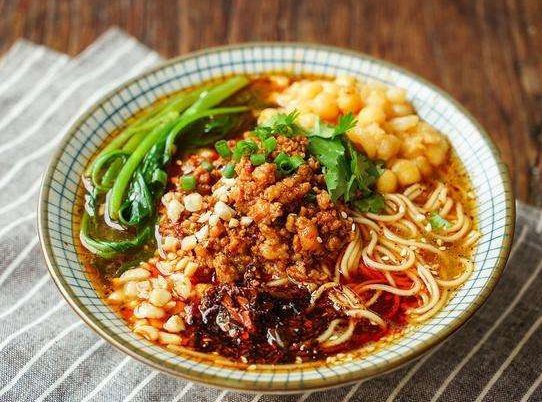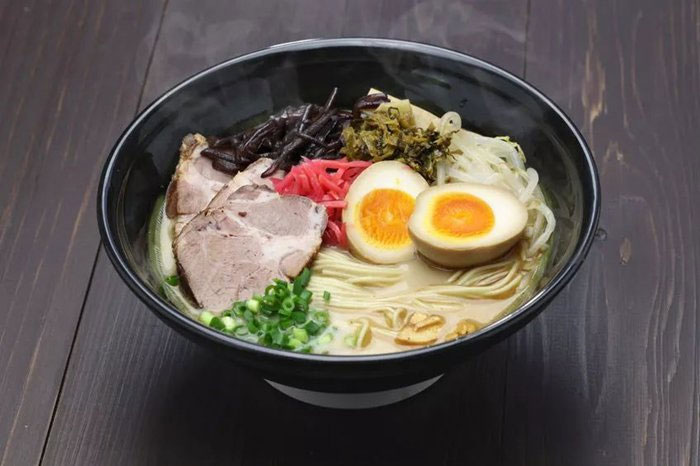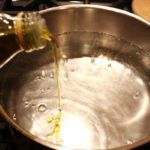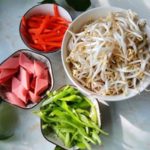Many people use rice noodles to make breakfast dishes, lunch or as a light meal during the day. Cooking rice noodles is more convenient than cooking rice and can be varied with many ingredients such as beef, pork, duck, chicken, and duck…
Eating noodles like this is familiar and popular, but many people make mistakes when cooking, causing the noodles to break and even stick together, making the noodle bowl lose its appeal.
To master the skill of cooking delicious noodles like in restaurants, you need to remember the 3 tips below from professional chefs.
Do not boil the water and then add the noodles.
As a habit, many people usually boil fresh broth and then add the noodles to cook. However, this method makes the noodles stick together and they no longer have a crispy texture. The reason is that putting the noodles into boiling water can quickly lead to uneven heat distribution, and the surface of the noodles becomes gelatinous (the starch on the surface of the noodles quickly melts out), which easily causes them to stick together and make the broth cloudy.
The correct way to cook noodles is to wait until the broth is hot and has bubbles, then add the noodles and use chopsticks to gently stir the noodles in one direction so that they do not stick and cook faster.

Add a small bowl of cold water
Many people who cook noodles often encounter cases where the broth is cloudy and has a lot of white foam. However, there is no need to worry, if unfortunately the broth becomes cloudy due to the starch in the noodles melting, just add a small bowl of cold water to the pot and immediately the broth will become clearer.
The advantage of this method is that it can heat the noodles evenly, prevent them from becoming dry and hard, and maintain the flavor of the noodles. The most important thing is to reduce the release of alkali in the noodles, which is good for digestion and stomach health.

Add a few drops of oil
The noodles we cook at home are often dry and slippery, but those from the restaurant are soft and delicate. This is truly the secret of restaurants. Chefs revealed that this is because a little cooking oil is added to the noodles when cooking, making the noodles softer. However, it is recommended to add a little olive oil or canola oil for better health. Noodles cooked this way not only do not stick together but also elastic, chewy, and delicious.
According to Vietnamese Women





































